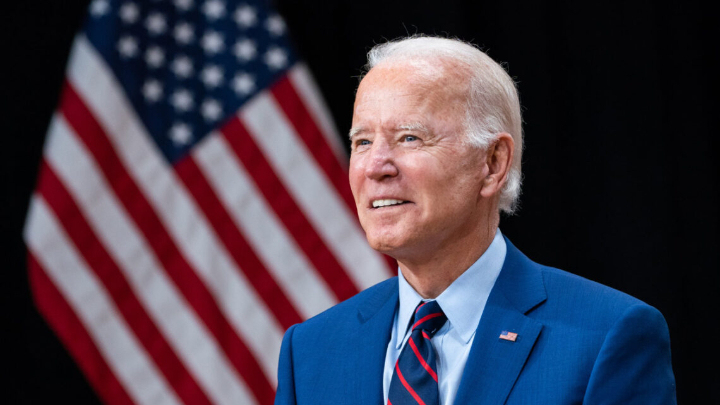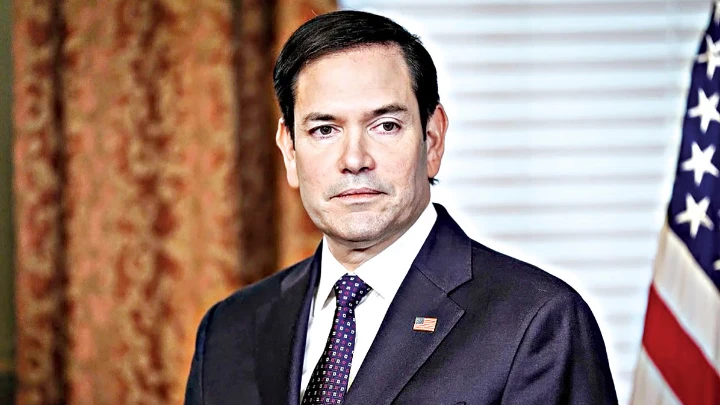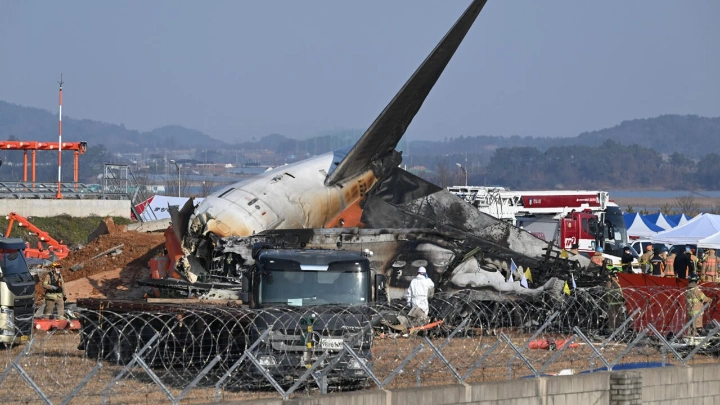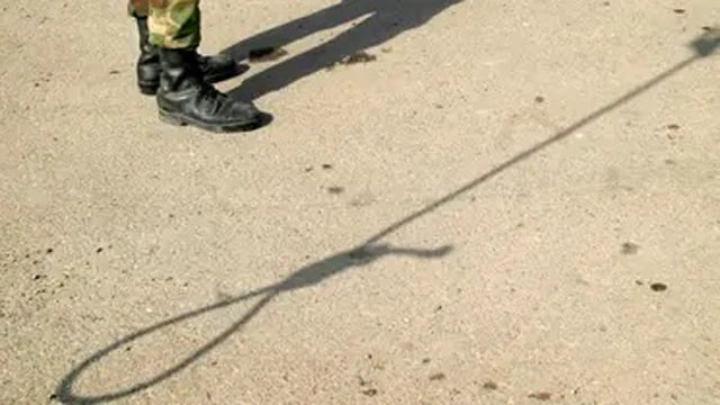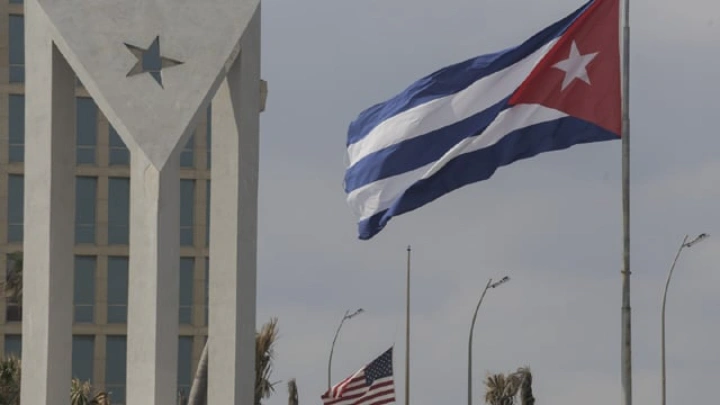US forces would defend Taiwan if China invades: US President Joe Biden
Shining BD Desk || Shining BD
US President Joe Biden made the comments during an interview on the "60 Minutes" program. After the interview, a White House official said US policy on China has not changed.
US President Joe Biden said on Sunday that US forces would defend Taiwan in the event of a Chinese invasion.
Biden made the comments during an interview on the "60 Minutes" program.
What did Biden say?
When asked on whether US forces would defend Taiwan if China invaded the island, Biden said "yes, if in fact, there was an unprecedented attack."
Biden reiterated that the US maintains a "One China" policy and does not support Taiwan's independence.
A White House official said following the interview that US policy toward Taiwan has not changed. The United States has long maintained a policy of strategic ambiguity on whether it would intervene militarily in Taiwan.
"The President has said this before, including in Tokyo earlier this year. He also made clear then that our Taiwan policy hasn’t changed. That remains true," the spokesperson said.
In May, Biden was asked whether the US would get involved militarily if China invaded Taiwan. "Yes ... That's the commitment we made," he responded. The White House also swiftly walked back that statement, saying that the US' policy on Taiwan had not changed.
Escalating tensions over Taiwan
A visit to Taipei by US House Speaker Nancy Pelosi last month has lead to increased tensions between Beijing and Washington over Taiwan. China said the US was "playing with fire" in regards to the Pelosi visit and began military drills around the island, which it considers to be Chinese territory.
Later, a high-level French delegation also visited Taiwan.
Earlier this month, Taiwanese Foreign Minister Joseph Wu told DW that China had been revealing its strategies for a future invasion of the island.
On September 2, the US State Department greenlit a potential $1.1 billion (€1.1 billion) arms deal with Taiwan that included the sale of anti-ship and air-to-air missiles and a radar surveillance system.
Under a law passed by Congress, the US is required to sell Taiwan military supplies.
'Strategic clarity'
Fang Yu-Chen, a political science professor at Soochow University in Taiwan, told DW that ""US strategic ambiguity is becoming more strategic and less ambiguous."
"This is a necessary adjustment, as China's stance on Taiwan is not becoming less ambiguous," he argued.
"I think this is the process of adjustment from strategic ambiguity to strategic clarity. While [Biden] said the US would defend Taiwan, he didn't specify how the US would defend Taiwan, which shows strategic ambiguity hasn't changed. It has always been like that."
Lev Nachman, a political science professor at National Chengchi University in Taiwan, told DW that there were "disconnects" between Biden and the White House, where "the White House is acting in one way and Biden is speaking and acting in another."
"When it comes to time for action, it can lead to very different results than what Biden might be thinking he has the capacity to do," Nachman argued.
"The hopeful take is that this is not the first time that Biden has said such a comment, and we know that Biden is prone to make this type of comment that breaks with US policy. Odds are that the PRC also knows that Biden is prone to make these comments, and also knows that he is prone to not being in line with what the US policy is," he said, adding that the comments give Beijing an "excuse" to make threats in the Taiwan Strait.
By AFP
Shining BD

